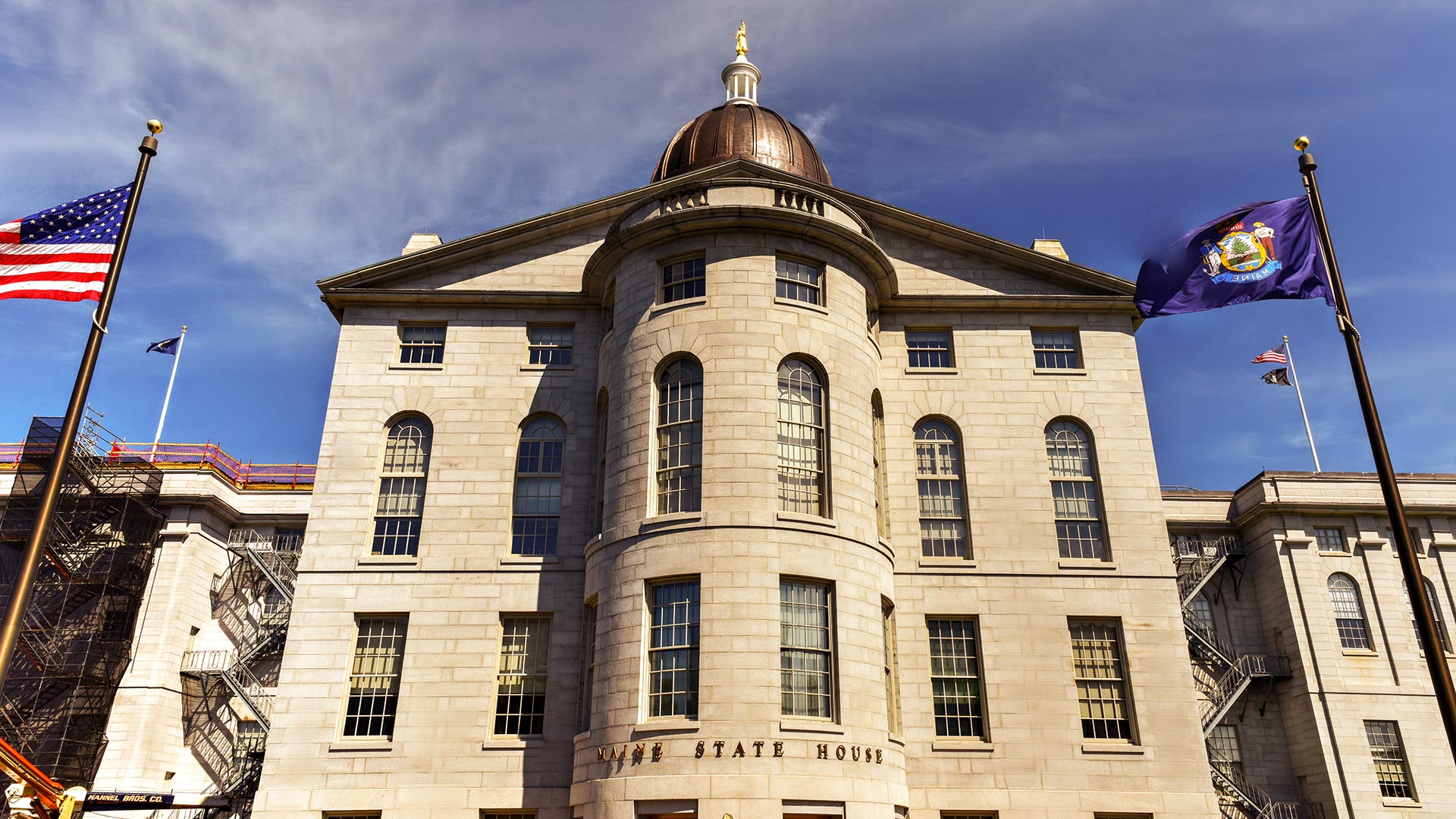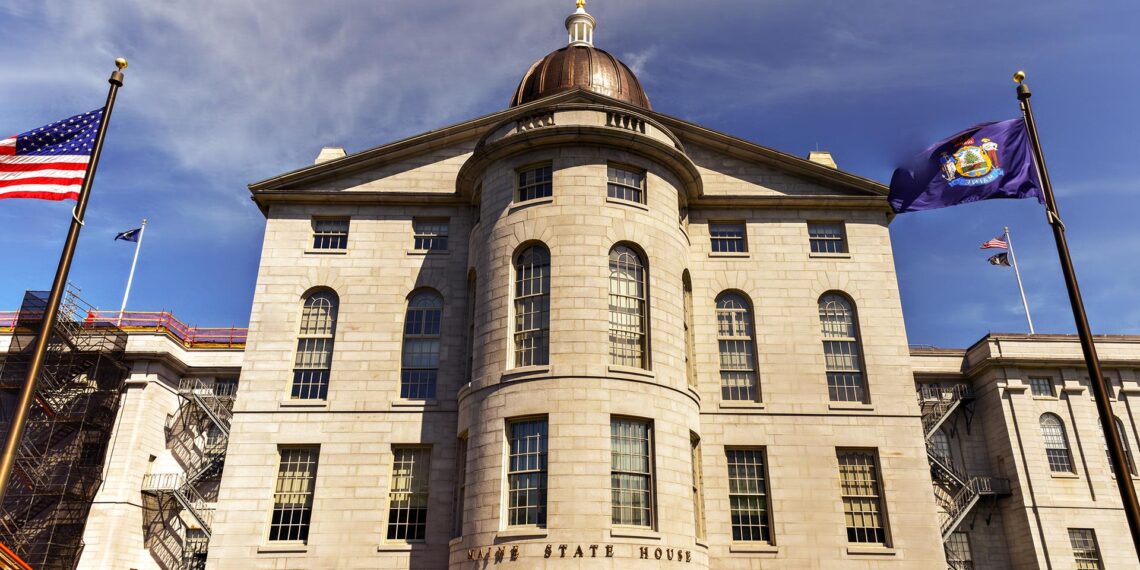[ad_1]

To combat opioid-related overdoses in the state, Maine has implemented a groundbreaking law mandating that on-duty law enforcement patrol officers carry the opioid overdose reversal drug naloxone.
The move comes as part of a statewide effort to address the opioid crisis and save lives.
Auburn Police Chief Jason Moen believes the policy is essential given the prevalence of fentanyl, a highly potent synthetic opioid, in the region.
“We were seeing a lot of overdoses when that was first introduced, so it made sense to help save lives to start carrying that because it reverses the effects pretty quickly for fentanyl,” Moen told Maine Public Radio.
The initiative is not entirely new, as many police departments across the state, including Auburn, had already adopted similar policies approximately eight years ago in response to the rising fentanyl-related incidents.
As of October, Maine had recorded a staggering 513 drug overdose deaths in 2023, with each of the three preceding years setting records.
Portland, one of the cities grappling with a surge in overdoses, faced 527 cases in 2023, 47 of which were fatal. Portland Police Chief Mark Dubois specifically pointed to the rampant drug use in homeless encampments.
“There is a concern there; it was a big spike I think from roughly around Christmastime, and we hope they improve now that the holidays are over, but there was a big spike,” he told WGME News.
Under the new law, law enforcement officers throughout Maine are required to carry naloxone, also known by the brand name Narcan, or have it readily available in their cruisers.
Dubois said that the drug plays a critical role in officers’ daily operations.
“Almost on a daily basis, we are administering Narcan for overdoses. I think we are ordering around 750 doses for this coming year, we’re looking at the numbers, but it absolutely saves lives every day.”
The sponsor of the bill, Representative Jan Dodge, said it could have a significant impact, estimating that if it was enacted earlier, it could have saved more than 700 lives.
[ad_2]




